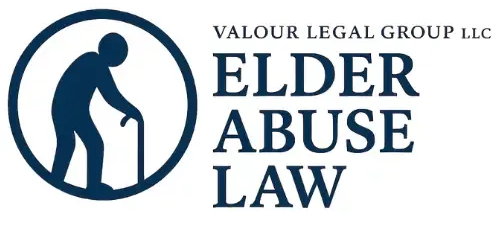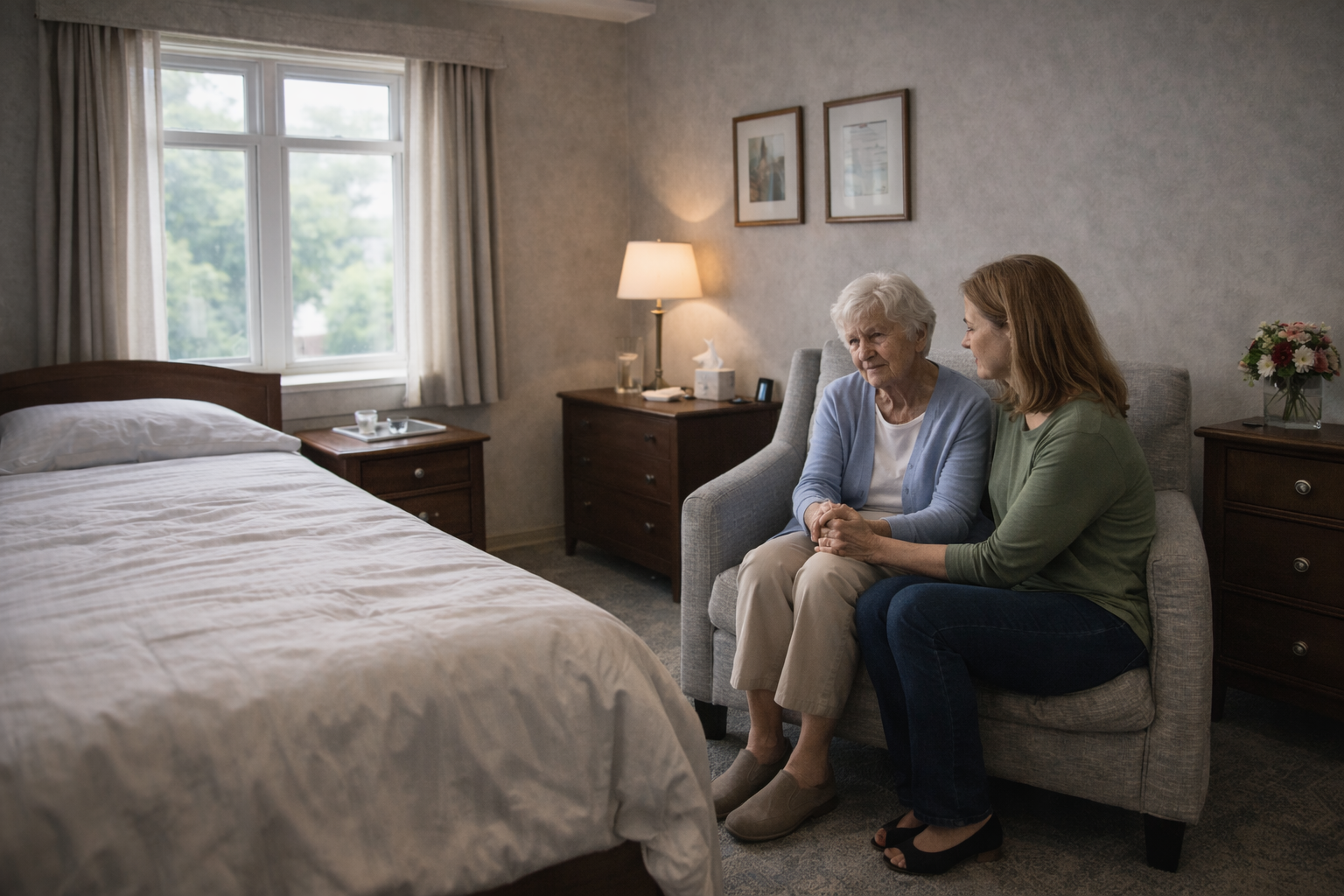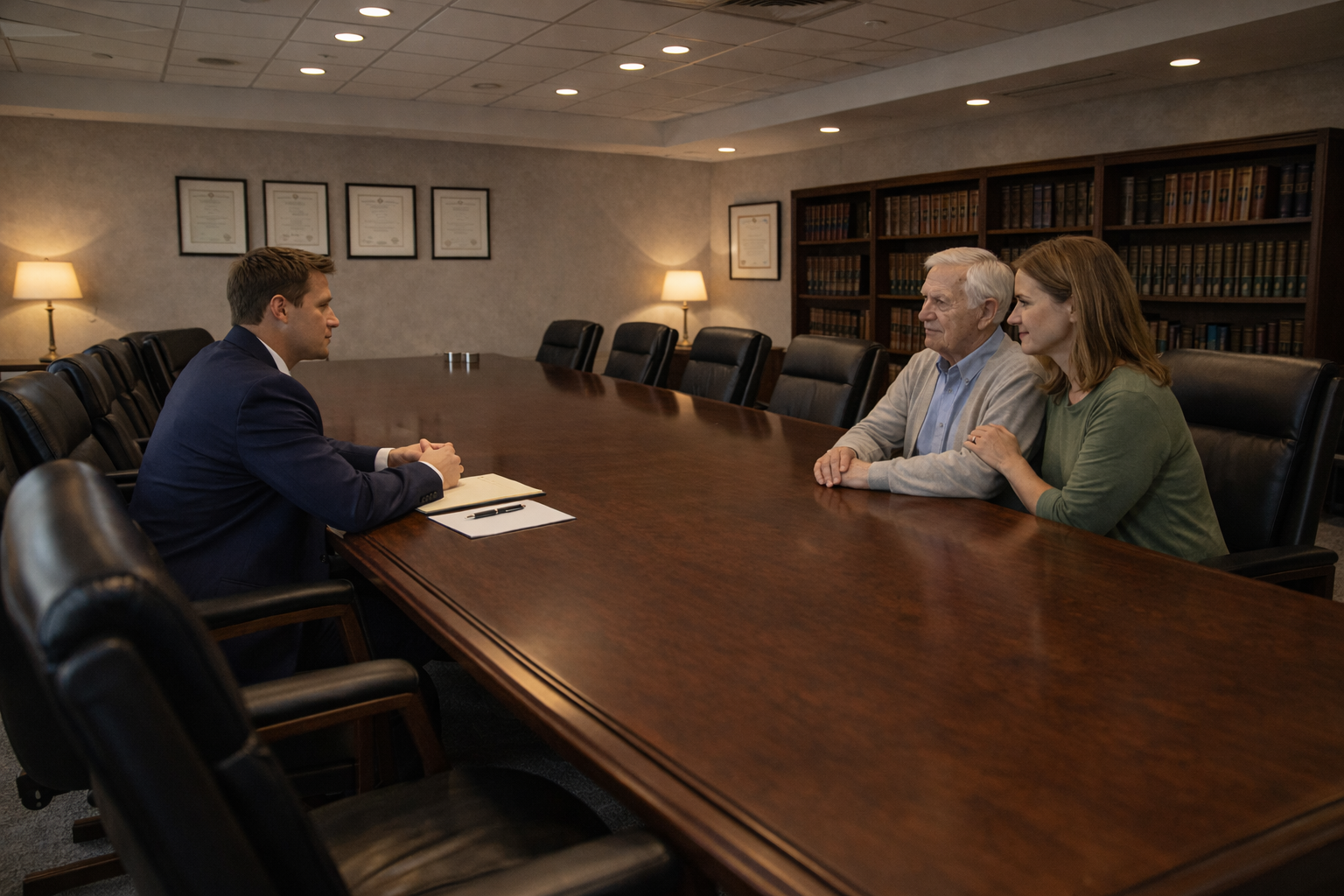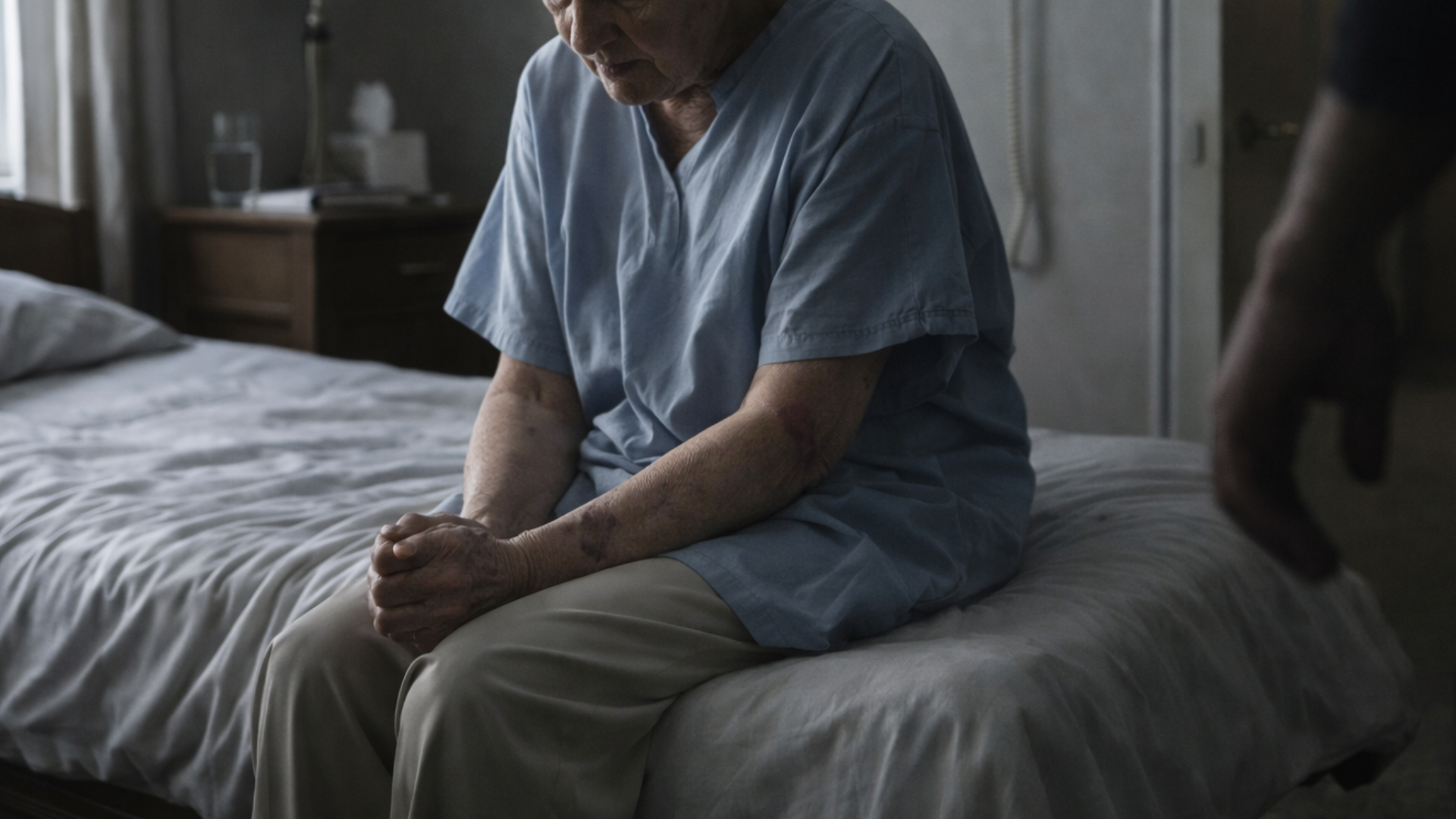Elderly Care Residents Have Rights—Here’s What You Need to Know
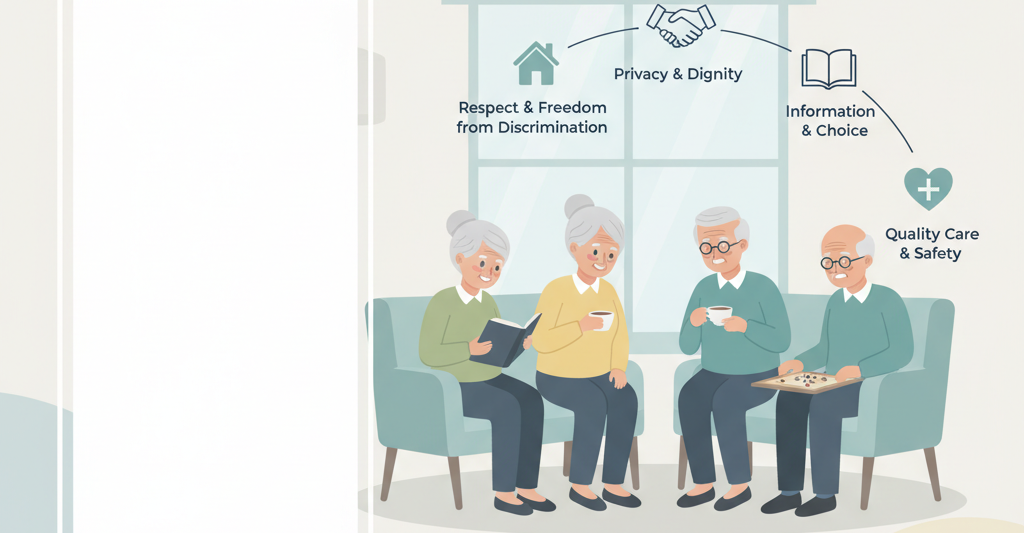
When families entrust their loved ones to nursing homes, they expect safe, respectful, and compassionate care. Unfortunately, too many residents face neglect, abuse, or violations of their fundamental rights. Understanding these rights, nd recognizing the warning signs of substandard care, is crucial for protecting vulnerable seniors.
This comprehensive guide explores the most frequent nursing home complaints, what residents themselves report, and how families and staff can address challenging situations. We'll also examine when legal intervention becomes necessary, particularly for serious issues like preventable bed sores that may require assistance from Chicago nursing home bed sores lawyers.
What Is the Biggest Complaint Regarding Nursing Homes?
Staffing shortages represent the most pervasive problem plaguing nursing facilities today. Many homes operate with dangerously low staff-to-resident ratios, forcing elderly residents to wait extended periods for basic assistance with bathing, eating, or using the restroom. When caregivers are overwhelmed and rushed, critical mistakes become inevitable, medications get delayed, falls go unnoticed, and individualized care plans fall by the wayside.
These staffing deficits can have devastating consequences. Consider residents with limited mobility who aren't repositioned regularly throughout the day and night. Without proper turning and movement, they develop painful, potentially life-threatening bed sores. When families discover these preventable wounds, they often seek guidance from Chicago nursing home bed sores lawyers who understand the complex medical and legal issues involved.
Beyond understaffing, families consistently raise concerns about:
- Poor communication between nursing staff and family members
- Unclean living conditions that compromise health and dignity
- Unmet medical needs ranging from medication errors to ignored symptoms
- Disrespectful treatment that diminishes residents' sense of worth
At the heart of many complaints lies a troubling pattern: facilities prioritizing profits over people by cutting corners on adequate staffing and comprehensive training programs. For more insights, see What Are the Legal Rights of Seniors in Nursing Homes?
What Is the Most Common Complaint Heard from Patients?
While families often focus on staffing shortages or medical errors, residents themselves frequently express frustration about loss of independence and dignity. Elderly individuals want recognition as complete human beings, not merely patients requiring management. When they feel dismissed, rushed, or condescended to, their quality of life suffers tremendously.
The most frequent patient complaints include:
Lack of control over daily routines – Residents may face rigid meal schedules, early bedtimes, or lengthy waits to get out of bed, stripping away personal autonomy.
Social isolation and loneliness – Insufficient activities or overwhelmed staff can leave residents without meaningful human connection for hours or days.
Ignored call lights – When residents press their call buttons and wait 20-30 minutes or longer for assistance, they experience genuine fear and a sense of abandonment.
Physical discomfort – Beyond bed sores, patients report pain from poorly fitted wheelchairs, extended periods in soiled clothing, or inadequate pain management.
Poor food quality – Meals frequently receive criticism for being unappetizing, repetitive, or failing to accommodate dietary restrictions and cultural preferences.
For most residents, emotional respect matters as much as physical care. Being ignored or spoken to harshly creates lasting psychological wounds. This reality underscores why federal and state regulations emphasize residents' fundamental rights to dignity, voice, and appropriate medical attention.
How to Deal with Difficult Residents in Nursing Homes
Not every nursing home complaint stems from abuse or negligence. Care staff genuinely face challenges when working with residents who have dementia, mental health conditions, or strong personalities. Behaviors labeled as "difficult" might include verbal aggression, care refusal, or excessive demands that strain resources.
Effective facilities implement these evidence-based strategies:
Identify underlying causes – Challenging behaviors often signal unmet needs like untreated pain, medication side effects, confusion, or fear. A resident who becomes aggressive might simply feel uncomfortable or disoriented.
Practice therapeutic communication – Staff should avoid confrontational responses, instead speaking slowly, clearly, and respectfully. Patience and empathy can defuse most tense situations.
Provide meaningful choices – Offering residents small decisions about clothing, bathing times, or meal options helps preserve dignity and reduces frustration.
Maintain caregiver consistency – Familiar faces build trust and reduce anxiety, particularly for residents with cognitive impairment.
Include families in care planning – Loved ones possess valuable insights about what motivates, soothes, or triggers specific residents.
Invest in specialized training – Behavioral management techniques, especially for dementia care, require ongoing education and practice.
However, facilities cannot use the "difficult resident" label to justify substandard treatment. Staff maintain legal and ethical obligations to provide quality care regardless of behavioral challenges.
When Legal Support Becomes Necessary
When nursing homes fail their fundamental duty of care, residents suffer preventable harm. Warning signs like bed sores, malnutrition, unexplained injuries, or frequent falls often indicate systematic neglect rather than isolated incidents. Families who notice these red flags should document everything meticulously and report concerns to facility administrators and state agencies immediately.
Sometimes, formal complaints alone prove insufficient to create meaningful change. Legal action may become necessary to protect residents and prevent future harm. Chicago nursing home bed sores lawyers specialize in holding facilities accountable, securing fair compensation for victims, and advocating for safer conditions that benefit all residents.
Bed sores, also called pressure ulcers, represent a particularly serious form of neglect. These painful wounds develop when residents remain in the same position too long without proper repositioning, skin assessment, or specialized equipment. Advanced bed sores can become infected, leading to sepsis and even death. Experienced Chicago nursing home bed sores lawyers understand the medical complexities involved and can effectively demonstrate how proper care could have prevented these devastating injuries.
If your loved one has developed bed sores or suffered other forms of institutional neglect, consulting with Chicago nursing home bed sores lawyers provides essential guidance and support. These legal professionals at Chicago Nursing Home Abuse Attorney understand residents' rights, know how to conduct thorough abuse investigations, and possess the expertise to take decisive action against negligent facilities.
Protecting Residents' Rights Is Everyone's Responsibility
Every elderly resident in nursing home care possesses fundamental rights that cannot be compromised:
- Dignity and respect in all interactions and care procedures
- Appropriate medical care tailored to individual needs and conditions
- Clean, safe living environments that promote health and wellbeing
- Meaningful participation in daily life decisions and care planning
- Freedom to voice complaints without fear of retaliation or punishment
Protecting these rights requires coordinated effort from families, facility staff, advocacy organizations, and when necessary, Chicago nursing home bed sores lawyers who can enforce legal accountability. When facilities know they face real consequences for neglect, they're more likely to invest in adequate staffing, proper training, and resident-centered care.
Remember that nursing homes should be places of comfort, safety, and dignity, not sources of fear or harm. By staying informed about residents' rights and speaking up when those rights are violated, we can work together to ensure elderly Americans receive the respectful, compassionate care they deserve.
